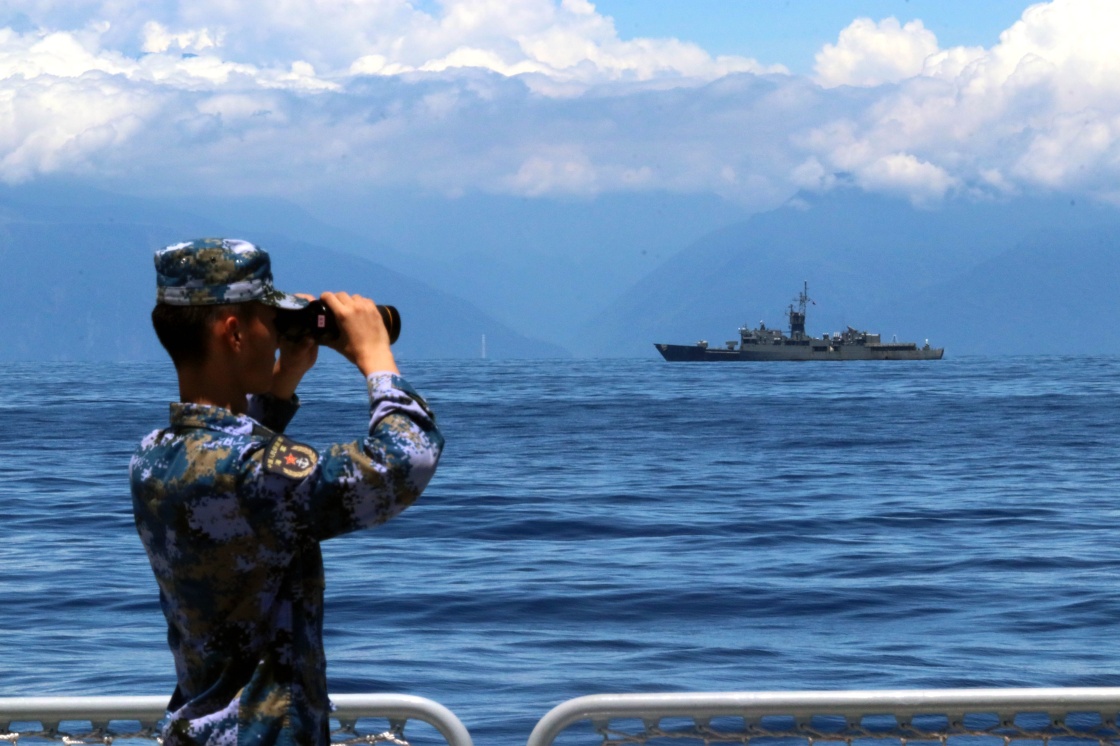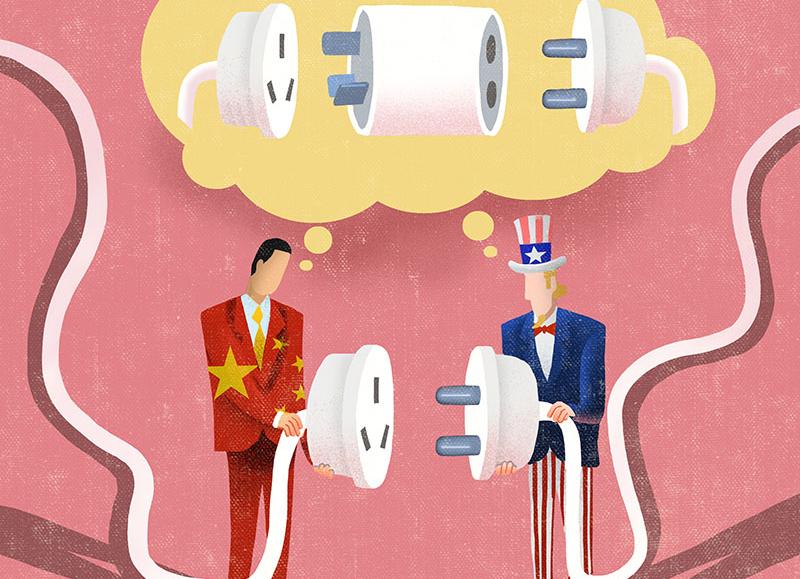Chen Jimin, Guest Researcher, Center for Peace and Development Studies, China Association for International Friendly Contact
Apr 24, 2023
Success or failure is closely linked to China’s ability to influence its own neighborhood, as America’s real purpose is the creation of a NATO-style regional alliance. For the U.S., much depends on whether it can accommodate the concerns of countries that don’t want to take sides.
Justin Feng, Masters Student, Johns Hopkins School of Advanced International Studies
Apr 19, 2023
Chinese chipmakers have remained surprisingly resilient despite U.S. semiconductor export controls. By redirecting focus towards legacy chip production, stockpiling restricted foreign chips, government support, and open-source RISC-V chip design architecture, China’s semiconductor industry may survive Washington’s export control campaign.

Zhao Minghao, Professor, Institute of International Studies at Fudan University, and China Forum Expert
Apr 19, 2023
Washington’s repeated provocations — both military and political — have made any recovery of stable relations with China difficult. If the United States fails to comprehend the serious nature of the Taiwan question, war will likely result.
Lucio Blanco Pitlo III, President of Philippine Association for Chinese Studies, and Research Fellow at Asia-Pacific Pathways to Progress Foundation
Apr 18, 2023
AUKUS has laid out a plan for Australia to acquire its own SSN fleet. While the buildup of subs will take several years, submarine basing access and easing of constraints on the transfer of submarine parts and technologies to allies and partners mean that the program’s impact can be felt sooner in the Indo-Pacific, including on the Taiwan Straits hotspot.

Zhang Tuosheng, Principal Researcher at Grandview Institution, and Academic Committee Member of Center for International Security and Strategy at Tsinghua University
Apr 14, 2023
Any easing of China-U.S. relations will have twists and turns, and material improvement is unlikely to come soon. But both sides can learn from America’s Cold War standoff with the USSR, when mechanisms were built that avoided war. That process can be followed again.
Xiao Bin, Deputy Secretary-general, Center for Shanghai Cooperation Organization Studies, Chinese Association of Social Sciences
Apr 12, 2023
Interstate political relations are changing the dynamics of the international system. China’s relationship with Russia has become a tool for balancing the shifting pres-sures. But no country can predict the consequences of war. Staying out of it may be the best way to maximize gains.
Nathaniel Schochet, Analyst and CJPA Global Advisors
Earl Carr, Founder and Chief Executive Officer at CJPA Global Advisors
Apr 12, 2023
Taiwan’s DPP, the pro-independence ruling party, has been fighting to retain relationships in the fallout of losing Honduras’ recognition to Beijing. Meanwhile, opposition leaders have breached a historic cross-strait divide with a visit to mainland China, all of this happening in the run up to Taiwan’s presidential elections next year.
Doug Bandow, Senior Fellow, Cato Institute
Apr 04, 2023
China has maintained a minimal presence in the Middle East over the last few decades, but Beijing’s mediation between Iran and Saudi Arabia demonstrates that Beijing is staking out a new, positive role in the region.
Li Yan, Director of President's Office, China Institutes of Contemporary International Relations
Mar 30, 2023
The U.S. Intelligence Community’s hyping the notion of an alleged China threat will continue to promote negative perceptions within American society. It caters to the mentality of some special interests that stand to gain from China-U.S. competition.
Lucio Blanco Pitlo III, President of Philippine Association for Chinese Studies, and Research Fellow at Asia-Pacific Pathways to Progress Foundation
Mar 24, 2023
The United States has gained expanded military access in the Philippines, including the renewal of the Enhanced Defense Cooperation Agreement (EDCA) and potential joint patrols in the South China Sea, which has raised concerns from some Filipino lawmakers and questions about the country's independent foreign policy. Additionally, there are worries about the speed and transparency of the expansion, as well as its impact on domestic politics and foreign relations with China and beyond.
Back to Top

- China-US Focus builds trust and understanding between the U.S. and China through open dialogue among thought leaders.
- Our Offerings
- Topics
- Videos
- Podcasts
- Columnists
- Research Reports
- Focus Digest
- Stay Connected
-
Thanks for signing up!
- Get the latest stories from China-US Focus weekly.